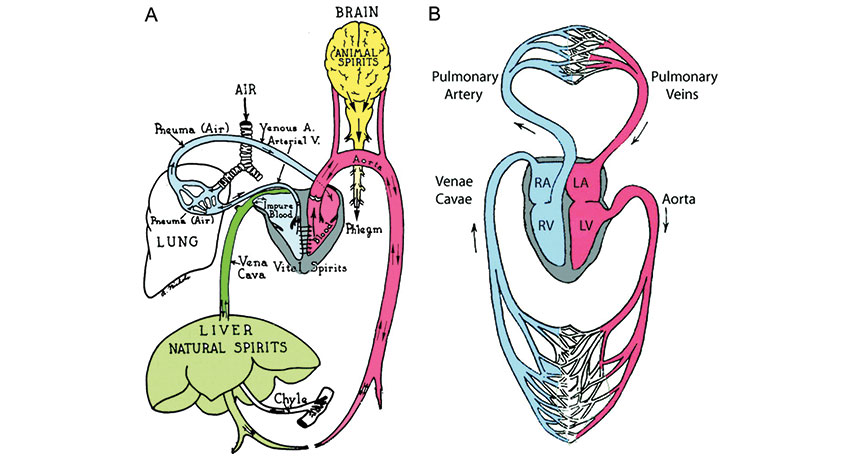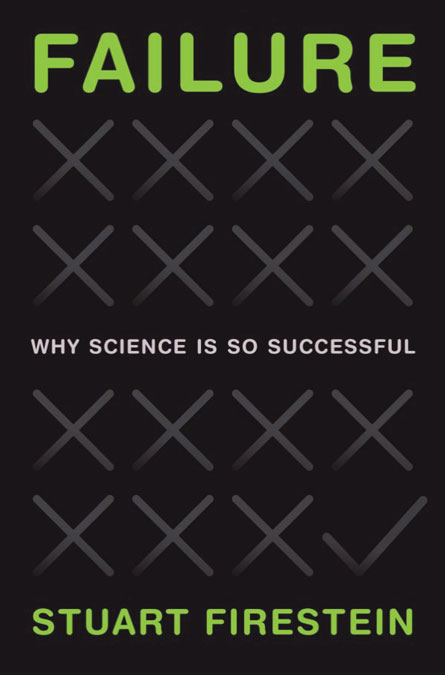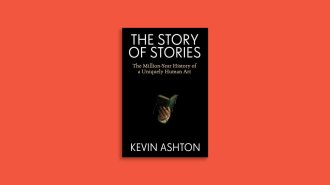‘Failure’ explores errors’ upsides
Missteps are a must in science, biologist argues in new book

CORRECTION Galen’s view of the circulatory system (left) held for hundreds of years. It was wrong. William Harvey updated science’s understanding to include oxygenated and deoxygenated blood (right).
From left: Adapted from R.H. Major/A History of Medicine; Adapted from E.H. Starling /Principles of Human Physiology
 Failure
Failure






